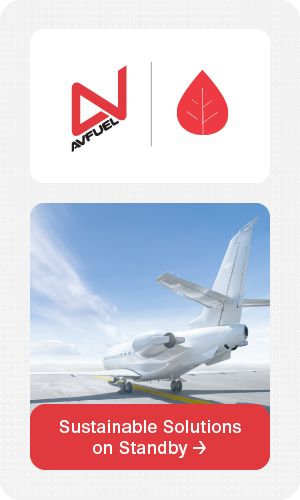In September, the National Air Transportation Association released “Unleaded Avgas Conversion Considerations for Aviation Fuel Providers,” a white paper developed by the Association’s GA Fuel Subcommittee, with industry input and support, to educate fuel service providers on best practices for deploying unleaded avgas.
NATA, along with other industry and government stakeholders, supports the Eliminate Aviation Gasoline Lead Emissions (EAGLE) Initiative’s goal of a lead-free future for U.S. piston-engine aircraft by the end of 2030. FAA’s recent issuance of Supplemental Type Certificates (STCs) approving the use of GAMI’s 100 octane unleaded avgas (G100UL) in all spark-ignition piston aircraft and engines in the general aviation (GA) fleet represents a major step forward for the future of unleaded avgas, with other fuel producers such as Swift Fuels, Phillips66/Afton Chemical, and Lyondell Chemical/VP-Racing also actively pursuing approvals.
Among EAGLE’s aims is eliminating the use of leaded fuels without adversely impacting the safe and efficient operation of the existing GA fleet – which includes maintaining 100 Low Lead (100LL) availability across the country during the transition.
NATA’s white paper assists in the effort by suggesting four key phases for fuel providers offering UL Avgas in addition to 100LL: Discovery, Preliminary Communications, Infrastructure Considerations, and Final Communications.
Once multiple grades of Avgas are deployed at airports, the key concern becomes the increased risk for misfueling. NATA highly recommends aviation fuel providers have a misfueling prevention program in place, and to implement comprehensive management of change processes and perform risk assessments when introducing new fuels. Also, keeping lines of communication open between pilots and FBOs throughout the fueling process is also essential. NATA, through its Safety 1st program, provides free misfueling prevention training and resources at www.preventmisfueling.com and will soon release a new version of this training, highlighting UL misfueling. NATA’s Safety 1st team also developed an Unleaded Avgas Fact Sheet.






